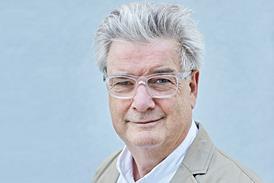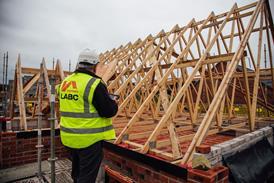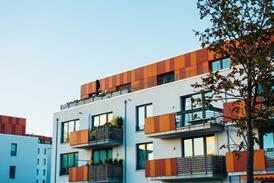From sandbags to soaring skyscrapers, this year’s Aga Khan Awards are a timely reminder of the diversity of architecture in the Muslim world

Architect: Cesar Pelli & Associates
Pair of skyscrapers supported on reinforced-concrete columns
Diversity is the uniting theme of seven architecture awards announced last week. In location, the winning buildings stretch across the globe, from Burkina Faso in west Africa to Kuala Lumpur in Malaysia. In building type, they range from a towering office development to a village primary school and the revitalisation of an ancient city centre. And in construction method, they vary from the ultimate in high-tech high-rise to sandbags piled on top of each other.
As well as inspired architecture, there is one thing that the seven buildings have in common: they all serve predominantly Muslim societies. They are all winners of Aga Khan Awards for Architecture, established by the spiritual leader of the Shia Ismaili Muslims to enhance understanding of Islamic culture as expressed through architecture. They have been presented every three years since 1980, and with prizes totalling $500,000 (£260,000), they are the largest architectural award scheme in the world.
This year’s winners were picked out of 378 entries. That at least two of the final seven were designed by non-Muslim architects, the Argentinian-American Cesar Pelli and Nowegian firm Snøhetta, reflects the awards’ intention to celebrate the plurality of the Muslim world.
They also acclaim experimentation. At one extreme, this is shown in the technology of the 452 m high Petronas Towers skyscrapers in Kuala Lumpur and the precisely controlled environment of the vast Bibliotheca Alexandrina in Egypt. At the other extreme, it includes an innovative, nearly cost-free, self-building technique of arranging sandbags in spirals to form a series of disaster-relief shelters.
At a time when the Muslim world is being narrowly typecast by Westerners, this year’s Aga Khan award presents a much more inclusive perspective. In the words of awards adviser Babar Mumtaz, the innovative, pluralistic winners “bridge rather than create divides between cultures”.























No comments yet